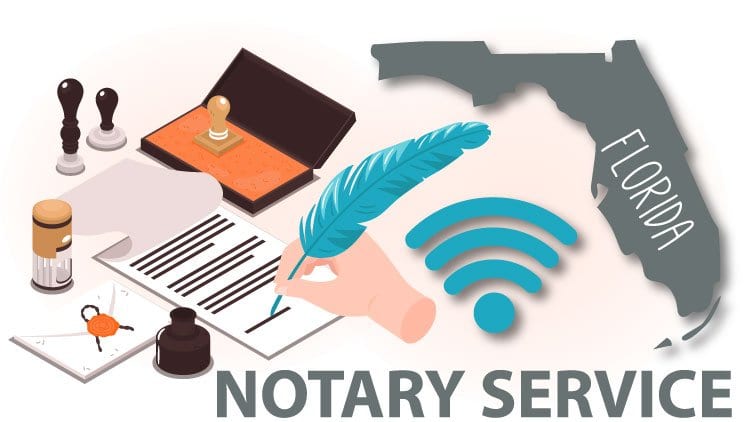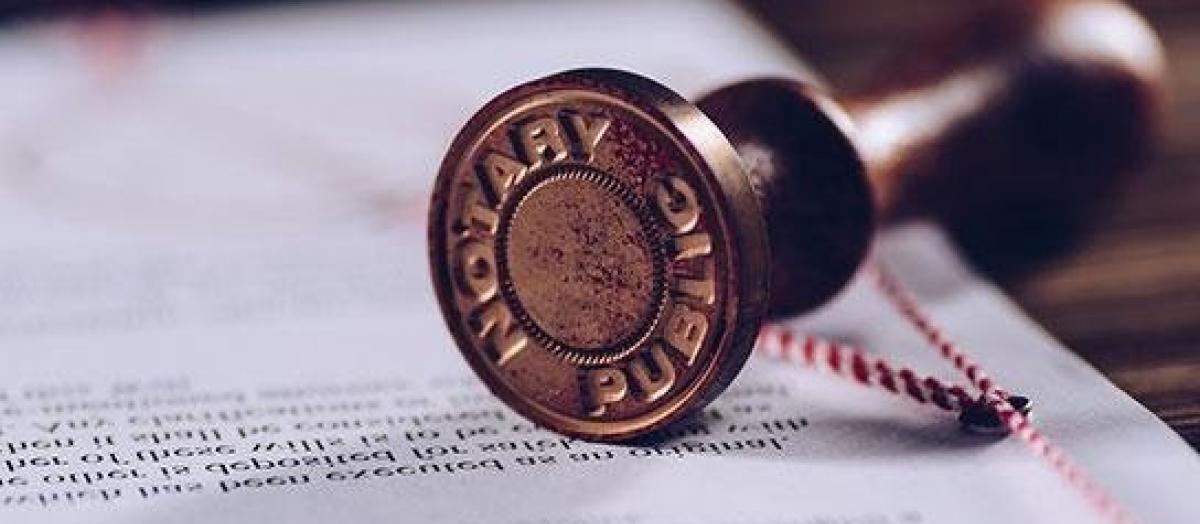DIRCO Regulations Demystified: A Overview to Diplomatic Protocol
DIRCO Regulations Demystified: A Overview to Diplomatic Protocol
Blog Article
Debunking Notarial Work: Streamlining the Role and Importance of Notaries
Their duty, typically shrouded in secret for several, carries substantial weight in making certain the validity and integrity of vital files. By deciphering the complexities dropping and bordering notarial practices light on the significance of their acts, a clearer understanding emerges of the vital function notaries play in upholding the textile of legal and contractual contracts.
The Background of Notarial Job
How did notarial job advance over time to become an indispensable component of legal and service purchases? The background of notarial job days back to old civilizations, where scribes played a critical function in recording essential info and authenticating papers. As societies progressed, the demand for a more formalized system to ensure the credibility of agreements arose. This caused the growth of notaries, individuals assigned by the state to act as objective witnesses in legal issues.
During the Middle Ages, notaries obtained importance in Europe, with their features expanding to include composing lawful documents, accrediting signatures, and maintaining records. The rise of international trade further stressed the relevance of notarial operate in validating agreements and arrangements across boundaries.
In the modern age, notaries continue to play an essential duty in lawful and organization purchases by confirming identities, verifying the credibility of papers, and protecting against fraud. Their duty in licensing the validity of contracts includes a layer of safety and security and depend the ever-evolving landscape of business and law.

Obligations and Duties of Notaries
Notaries play a vital role in verifying the authenticity of papers and the identification of signatures. One of their primary responsibilities is to witness the finalizing of vital files, such as wills, actions, and contracts, to ensure that all events are getting in right into agreements purposefully and voluntarily.
In addition, notaries are charged with carrying out oaths and affirmations, which are crucial in lawful proceedings and the implementation of sworn statements. They license duplicates of original files, supplying assurance to institutions that the copies are true replicas of the originals. Notaries must maintain exact documents of all transactions they manage to make certain transparency and liability. In general, the obligations and responsibilities of notaries are vital in securing the integrity and legitimacy of various records and deals.
Notarial Certificates and Signatures
Exemplifying meticulous attention to information, notarial certifications and trademarks function as necessary parts in validating the credibility of lawful documents. Notarial certificates generally have critical details such as the day of registration, the names of the signatures, a description of the file, and the notary's official seal. These certificates offer a clear document of the notarial act, making certain that the paper can be easily identified and mapped back to the notary that looked after the procedure.
Signatures play a critical duty in notarial work, as they indicate the agreement and permission of the events included. Notaries meticulously witness the signing of papers to verify the identity of the signatures and confirm that they are authorizing of their very own free choice. By attaching their main seal and signature to the document, notaries certify that the needed treatments have actually been adhered to and that the record is enforceable and valid.
Basically, notarial certificates and trademarks are the hallmark of authenticity in legal purchases, providing assurance to all events included that the papers are genuine and binding.
Relevance of Notarial Acts

Registration Refine Described
The registration process commonly starts with the private presenting the file to a notary public. As soon as the identity is confirmed, the notary guarantees that the private authorizing the file does so willingly and without any type of coercion.

Verdict

Notarial certifications generally include critical details such as the date of notarization, the names of the notaries, a summary of the file, and the notary's official seal. These certifications give a clear document of the notarial act, guaranteeing that the file can be easily determined and traced back to the notary who managed the process.
By attaching their official seal and signature to the file, notaries certify that the essential treatments have actually been complied with and that the paper is legitimate and enforceable.
By verifying the identification of the signatories, verifying their readiness to enter right into the agreement, and licensing the date and location of the finalizing, notaries play a vital role in supporting the credibility of lawful files.After the file is signed, the notary will fasten their main seal or stamp onto the file.
Report this page